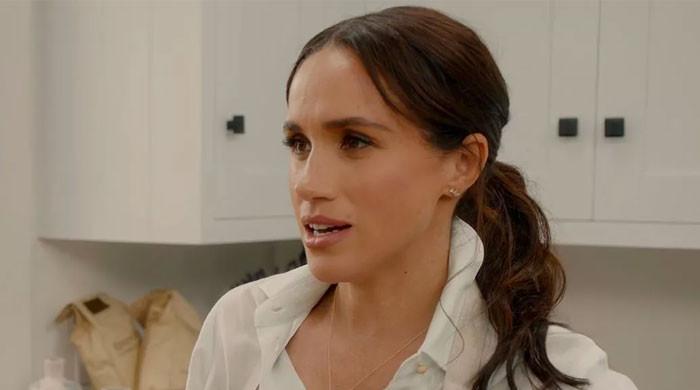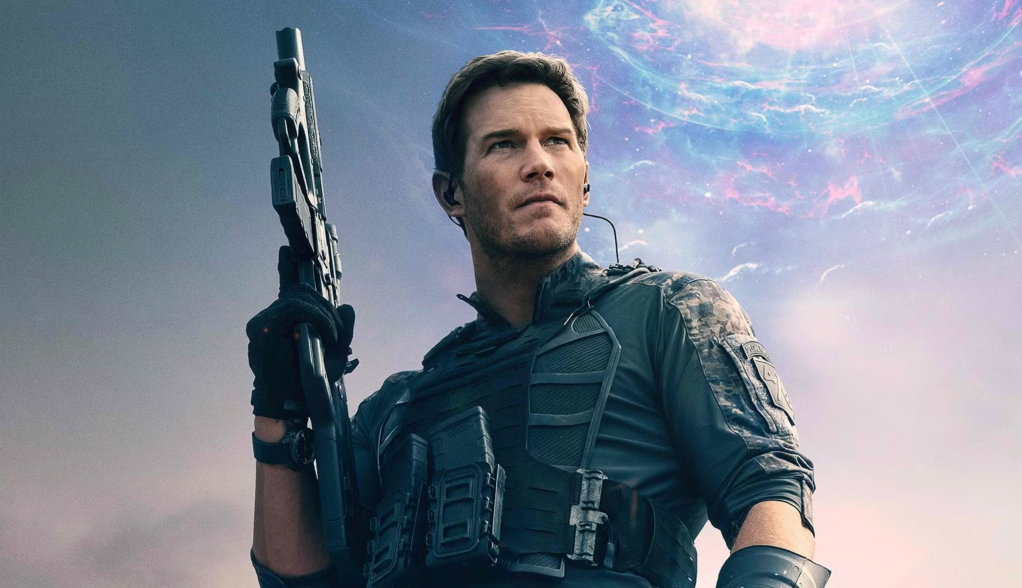Discussing Donald Trump ’s tariffs on Europe and elsewhere, the Tánaiste suggests that, rather than engage in tit-for-tat measures, the best response would be “to navigate and negotiate”. But Kenny is having none of it. “This sounds like appeasement to me,” the host says sharply.
“The only thing a bully understands is being bullied.” “I’m not going to use that language,” Harris replies, dutifully sticking to diplomatic etiquette. “I can,” Kenny retorts.

And he does. When talk turns to Trump’s threatening designs on Greenland, Kenny brusquely asks: “Why are we trucking with this man, who has obviously dictatorial and despotic ambitions?” The Tánaiste insists he doesn’t share this viewpoint, prompting the broadcaster to wonder if the European Union is on “the wrong side of history” by not resisting the belligerent direction of Trump’s United States. “It’s becoming a dictatorship, an autocracy, in front of our eyes,” says Kenny.
This might seem like just another unscripted Kenny blow-out, except that, compared with previous instances, he’s keenly aware of what he’s saying. (He’s similarly strident about a texter making wild claims about fluoridated water on Wednesday’s show: “I’m not going to read RFK nonsense out.”) These are strong and even debatable assertions about the US president, eschewing any semblance of balance.
But that doesn’t mean Kenny is wrong. With populist leaders, partisan podcasters and social-media algorithms trampling old standards of objectivity, the host may have a better grasp of the new rules than the Tánaiste, whose talk of an “intelligent and strategic” reaction sounds touchingly naive. When Harris says that trade between Ireland and the US is “a two-way bilateral relationship”, Kenny bluntly replies: “Trump doesn’t appreciate that.
” For all his occasional heavy-handedness, his singular brand of diplomacy is more in tune with our times. Not that the host is an instinctive disrupter. During Wednesday’s interview with Christine Lagarde , the president of the European Central Bank, Kenny is unfailingly polite as his guest speaks of maintaining price stability in the economy.
“It’s good for business,” the host approvingly remarks. “It’s good for consumers and households too,” Lagarde quickly adds, showing more awareness of public priorities than her host. It’s the closest thing to discord, with Kenny’s respectful tone in marked contrast to his quarrelsome encounter with the Tánaiste.
Given it’s something of a scoop, the Lagarde interview has a perhaps understandably emollient atmosphere, though Kenny might have sounded a more dubious note about the globalised trading and financial system, which has fuelled the deep discontent now roiling the world. But it’s hard to disagree with Lagarde’s rueful observation that “predictability is in very short supply at the moment”. When Trump eventually announces his 20 per cent tariffs on EU goods, the snap reaction on Wednesday’s Late Debate (RTÉ Radio 1, Tuesday-Thursday) is one of resigned pragmatism and cautious resolve.
“It could have been worse,” Seán Keyes of the Progress Ireland think tank tells Colm Ó Mongáin, the programme’s host, capturing the general mood of the studio panel. Ó Mongáin himself is in sprightly form, mixing pertinent questions – whether the EU can maintain unity, for instance – with dry asides, as when he compares Trump’s tariff sheet to an old Top of the Pops chart countdown and a children’s menu. But such irreverent humour can’t mask the wider air of seismic uncertainty.
It’s not all unwelcome drama, however. A play written and directed by an acclaimed film-maker, with a cast of noted Irish actors: as a pitch, Drama on One: Eternal Lines of Joy (RTÉ Radio 1, Sunday) might seem like the radio equivalent of a big-budget blockbuster, but the result is more akin to a minor cult classic. This isn’t meant as faint praise.
The director Pat Collins, who won plaudits for his screen adaptation of John McGahern’s novel That They May Face the Rising Sun, has turned his attention to another Irish literary giant, Patrick Kavanagh , to produce a quietly hypnotic piece of audio theatre. Collins’s play reimagines a pivotal episode in Kavanagh’s life from 1931, when the budding poet (played by Mikel Murfi) walked from his home village of Inniskeen, in Co Monaghan, to Dublin, to meet the writer George “AE” Russell. The action, such as it is, has Kavanagh encountering characters such as an old woman – portrayed with deadpan wryness by Rosaleen Linehan – and a young mother (the Monaghan native Charlene McKenna ).
These vignettes are interspersed with snippets of Kavanagh’s writing, as well as field recordings that conjure up the poet’s journey, from the wildlife sounds to snippets of song, hummed by Murfi. This could be an affected or worthy mishmash, but the disparate elements gel to beguiling – and surprisingly accessible – effect. The dialogue, its terse vernacular peppered with lightly worn religious references, evokes a bygone Ireland of poverty and goodwill while gently hinting at Kavanagh’s own ambivalence about the place.
Murfi’s nicely pitched performance also captures the poet’s yearning vision, chronic self-doubt and crotchety gruffness. And, far from being background noise, the atmospheric sound design by Damian Chennells and Chris Watson is integral to proceedings, inviting the listener to share Kavanagh’s contemplative travels. It all amounts to an original, ahem, portrait of the artist as a young man, as a vividly sketched Kavanagh seeks inspiration from the rough realities of his rural homeland.
With the unspoken as important as what is said, it’s a wonderful piece to hear over the airwaves, but – sacrilegious though it is to say in a radio column – possibly even better experienced as a podcast, ideally while taking a walk on these spring mornings. Tariffs may weigh heavily on us all, but Collins’s meditative drama lifts the spirits. Prompted by the earth-shattering news of the former England footballer Wayne Rooney being caught urinating in public, Seán Moncrieff (Newstalk, weekdays) dispatches Henry McKean, his roving reporter, to investigate “suspect streams on the street” here in Ireland.
Sure enough, he hears unedifying accounts of al-fresco micturition – and worse – from his respondents. But the most striking revelations come from McKean himself. The ever-candid correspondent describes having “a little bit of an accident” when participating in Dublin’s half-marathon on Sunday (“I did have a bit of a wee stain on my shorts”), as well as speedy movements of another variety during “a really bad day” in an airport toilet: “I basically had the runs.
” Not the kind of trots you need to hear about..
Entertainment

Pat Kenny unleashes on ‘dictatorial and despotic’ Donald Trump

Radio: The Newstalk host rejects the Tánaiste’s tact as a trade war looms, and a poetic Drama on One provides welcome inspiration














